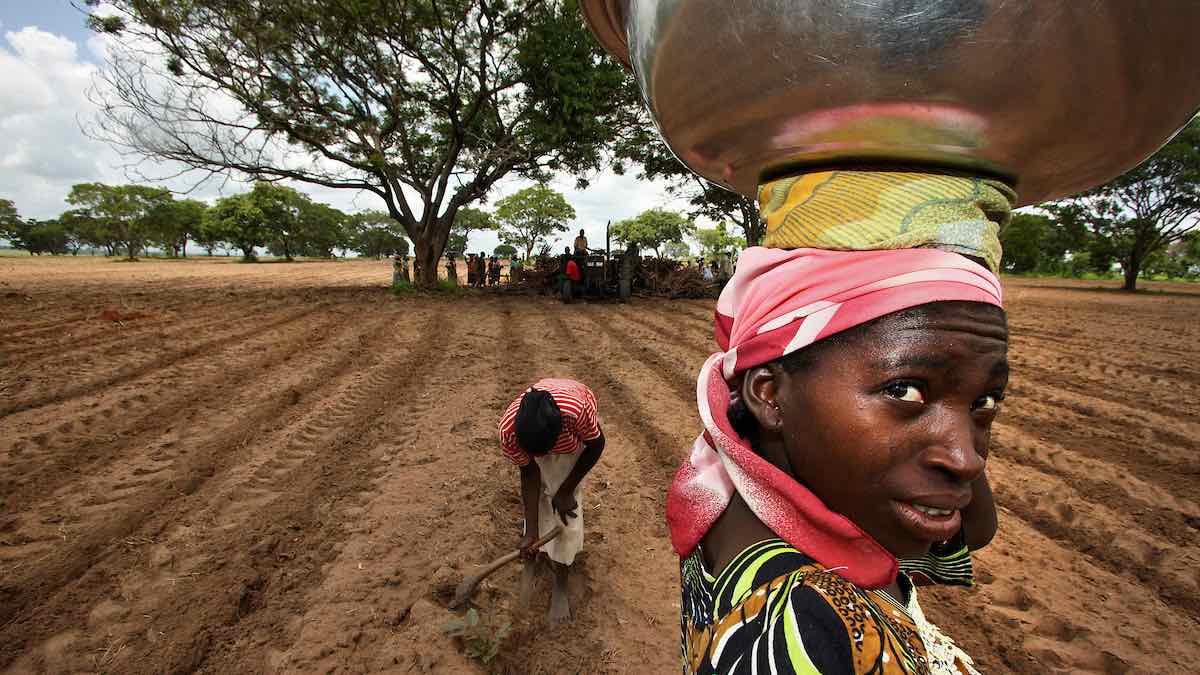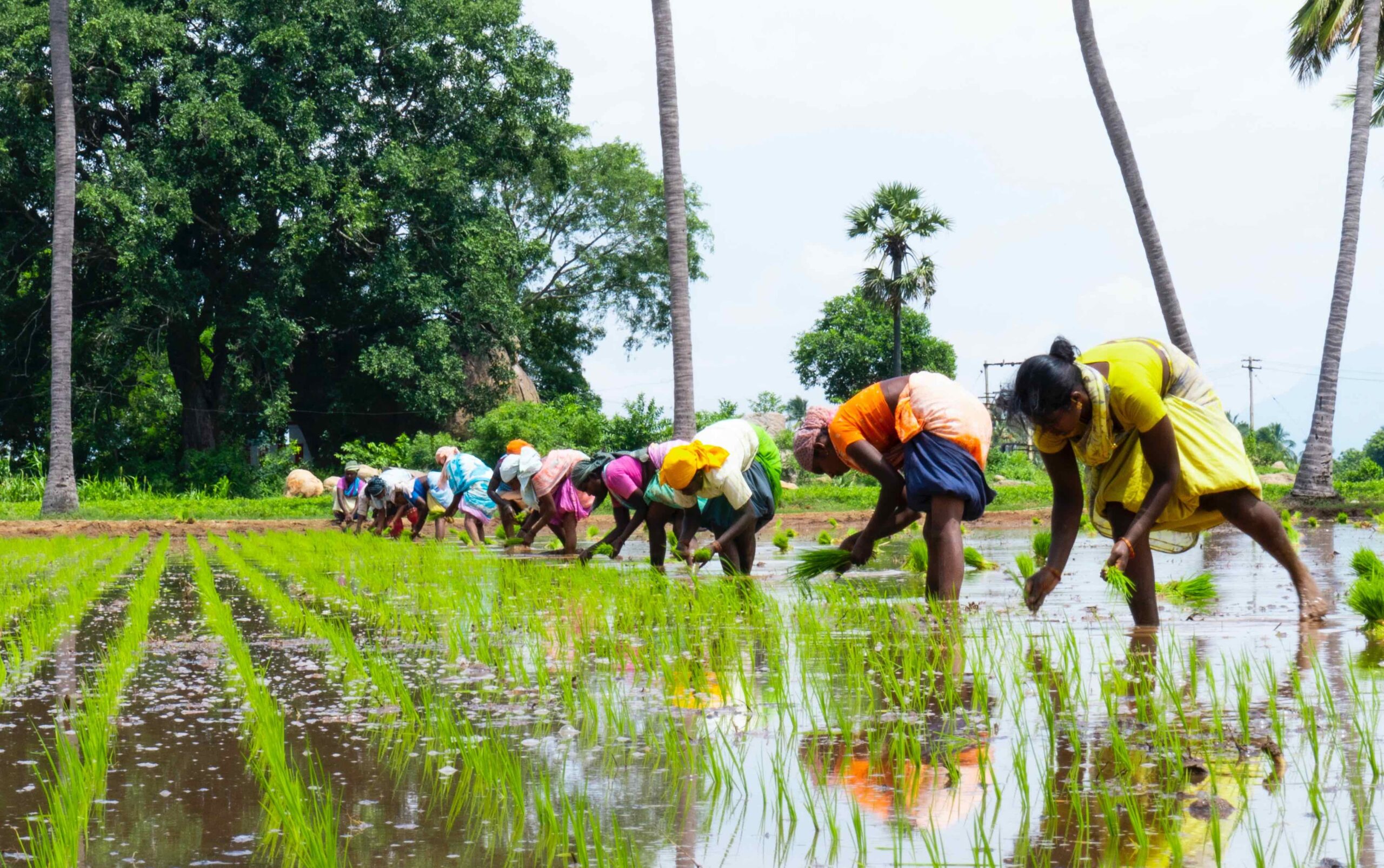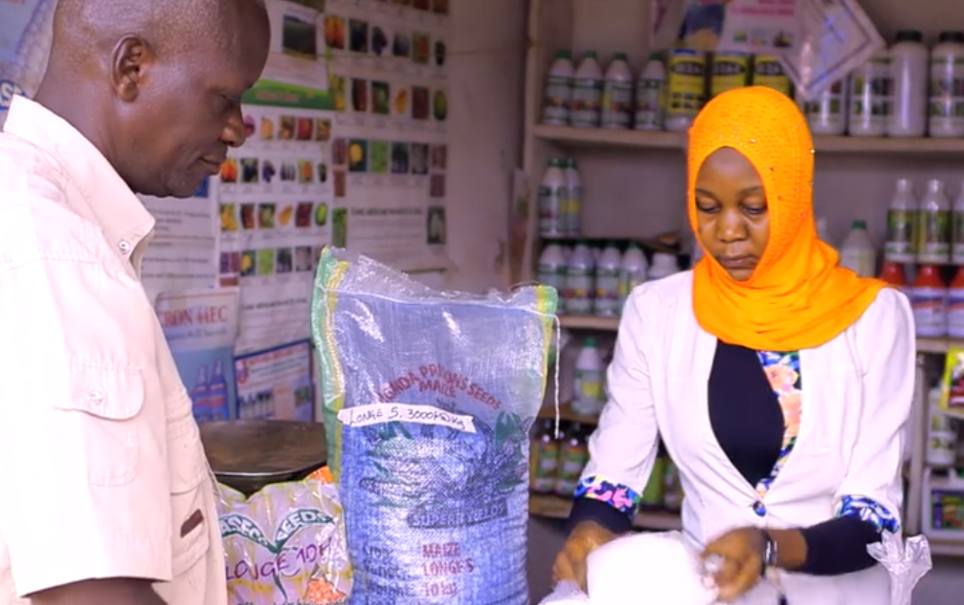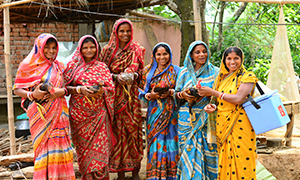
Impact Area
Poverty Reduction, Livelihoods, and Jobs
Overview
Building on a 50-year track record of lifting millions out of poverty
FROM CGIAR.ORG … More than 25% of the world’s population lives on less than US $3.20 a day, making a healthy diet unaffordable for more than 3 billion people. And poverty disproportionately affects rural areas, where agriculture is the predominant livelihood activity. Improving the livelihoods, jobs, and incomes of small-scale producers and other vulnerable people in agrifood value chains is crucial to the wellbeing of millions, and to the world’s ability to feed a growing population.
CGIAR Research Initiatives
- ONE
- TWO
- THREE
- FOUR
Learn more about IFPRI’s work on poverty reduction, livelihoods, and jobs
What’s New
-

Workshop: Applying the Women’s Empowerment in Agrifood Governance (WEAGov) tool to support gender-responsive policy innovation across Africa
Collaborating to make food systems more inclusive.
-

Trade policy and food price volatility: Beggar thy neighbor or beggar thyself?
The downsides of emergency trade measures.
-

Gender bias in bargaining: Lessons from haggling over the price of seed in rural Uganda
An experiment shows women face disadvantages.
Gender equality by the numbers
On average, women make up 43% of the agricultural labor force in low- and middle-income countries, yet their access to resources, rights, and services is limited, holding back prosperity for all.
US$1B
estimated economic returns on just a few of IFPRI’s research efforts
46
gold standard impact assessment reports commissioned
27
years of measuring institutional impact
412
million/people indirectly benefitting from IFPRI
Explore our research
Journal Article
Educational impacts of an unconditional cash transfer program in Mali
Report
Innovation process tracing assessment: Methodological approach and guiding principles
Report
Uganda coffee agronomy training: Impact evaluation report
Events
-

From Research to Impact: Towards just and Resilient Agri-food Systems
Conference: October 09, 2023 – 9:00 AM to October 12, 2023 – 6:00 PM IST. IFPRI is participating in the 2023 annual CGIAR gender research conference will take place in New Delhi, India.



